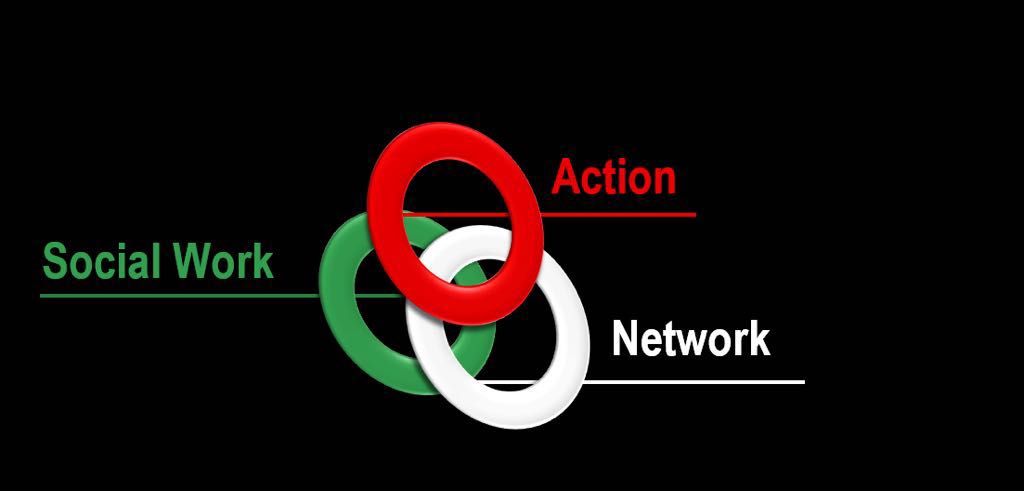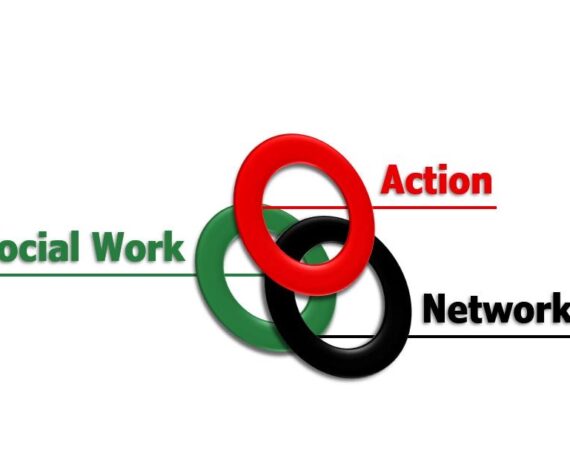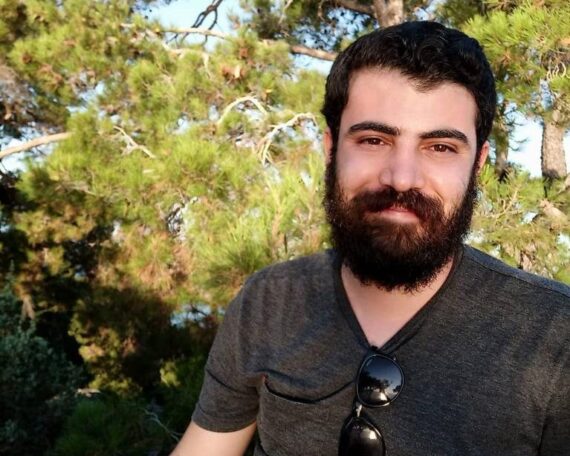The UK Palestinian Mental Health Network recently highlighted to SWAN that the NSPCC has accepted a £5 million pound donation from JCB.
This is highly problematic and has led to SWAN spearheading a social work campaign to have the NSPCC refuse this money. Today we publish our campaign letter, sent to their CEO and signed by SWAN and 14 other high profile social work professionals. Any further letters sent by Swan supporters will encourage the NSPCC to respond. Can you help? Read ours below:
Peter Wanless
NSPCC CEO
Neil Berkett
Chair of the Trustees
Weston House
42 Curtain Lane
London
EC2A 3NH 11-10-20
Dear Peter and Neil,
We are writing to you in regard to the NSPCCs decision to accept a donation from JC Bamford Excavators Ltd (JCB). This is because we believe there is very clear evidence that these machines being used to demolish Palestinian homes in the Occupied Palestinian Territories.
We do not accept that the NSPCC can exonerate itself from all responsibility by claiming that this relates to JCB’s activities and not that of the NSPCC.
We refer you to Article 49 of the Fourth Geneva Convention which states: “The Occupying Power shall not deport or transfer parts of its own civilian population into the territory it occupies.” It also prohibits the “individual or mass forcible transfers, as well as deportations of protected persons from occupied territory.”
JCB has been fully informed of the use of its equipment in ongoing violations of Palestinian human rights, yet continues to supply its Israeli partner, Comasco, with that equipment. Consequently, JCB may be aiding and abetting the commission by another person of a grave breach of the Fourth Geneva Convention.
In March 2016 the United National Human Rights Council adopted resolution 31/36 that called upon business enterprises in all states to take all measures necessary to comply with the Guiding Principles on Business and Human Rights. The UN identified a number of business activities that raised particular human rights violations concerns. These included the supply of equipment and materials facilitating the construction and the expansion of settlements, the supply of equipment for the demolition of housing and property and the destruction of agricultural farms, greenhouses, olives groves and crops.
Subsequently, in 2020, the UN report A/HRC/43/71 named JCB as one of 112 business entities which the UN Human Rights Office considers in breach of international law.
JCB are currently the subject of a formal complaint by eminent lawyers (Lawyers for Palestinian Human Rights) who cite JCB’s failures under OECD guidelines to apply due diligence within their human rights obligations.
Research by the Shoal Collective found that JCB’s products were used in 2018 in at least 130 demolitions, including the destruction of at least 2 schools and 31 homes. These demolitions displaced 163 people, including 31 children. They generally are used to carry out demolitions in vulnerable farming or Bedouin communities in the Jordan Valley or the South Hebron Hills. The bulldozers were most often used to destroy people’s homes or animal structures, olive and fruit trees. They were also used to destroy wells, and community freshwater systems, cutting off villagers from water sources. Reports complied in 2019 found that JCB machinery was involved in demolition of property that displaced 123 people and 39 children.
We recognise the excellent work NSPCC does and applaude your aim to “Give a voice to children when no one is listening” and to “fight for every childhood.” But British children should not benefit at the expense of Palestinian children and their families. Nor should a charity accept money from a company complicit in war crimes.
We therefore call on the NSPCC to demonstrate a truly ethical position, cease to take money from JCB and prove that every child matters.
We very much look forward to your reply and hope that the NSPCC will reconsider its position.
Yours,
Alissa De Luca-Ruane on behalf of:
Social Work Action Network Steering Committee
Professor Nigel Parton
Emeritus Professor, University of Huddersfield
University of Huddersfield
Dr Nigel Patrick Thomas
Professor Emeritus of Childhood and Youth
Associate Director, The Centre for Children and Young People’s Participation
School of Social Work, Care and Community
University of Central Lancashire
Norma Baldwin
Professor of Child Care and Protection (Emeritus)
University of Dundee
Ian Butler – Emeritus Professor of Social Work at the University of Bath.
Kate Ramsden, UNISON Scotland (and children’s rights officer).
Diana Neslen, Retired Social Worker
Professor Claudia Bernard
Co-Head of Department
Head of Postgraduate Research
Social, Therapeutic & Community Studies
Goldsmiths, University of London
John Stevenson
Retired Social Work Team Manger
Past Chair UNISON Scotland Communications Committee
Leah Levane, co-chair, Jewish Voice for Labour
Barrie Levine – Lecturer in social Work, Glasgow University.
Lorraine Radford, Emeritus Professor of Social Policy and Social Work, University of Central Lancashire, UK.
Henry Maitles
Emeritus Professor of Education
School of Education and Social Sciences
University of the West of Scotland
Ann
Davis, FAcSS
Emeritus Professor Social Work and Mental Health
University of Birmingham
Eric Blyth
Emeritus Professor of Social Work
All queries may be directed to swansocialwork@gmail.com or Annie O’Gara on
0114 4382351.



